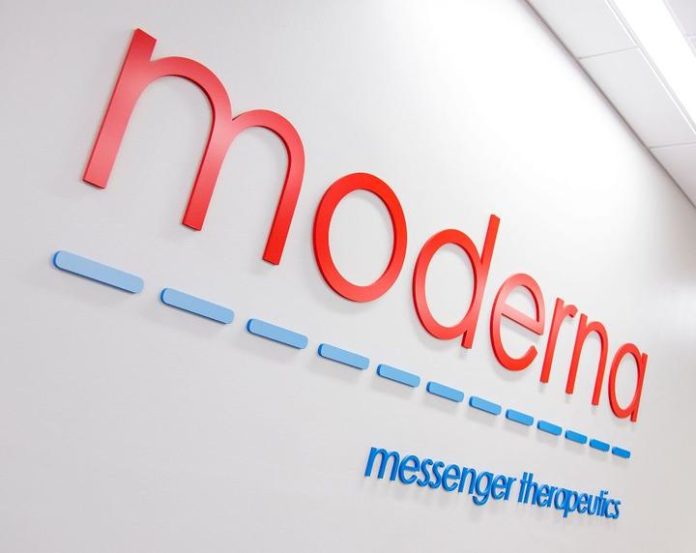By Rebecca Robbins and Jenny Gross
BOSTON (New York Times) — The vaccine manufacturer Moderna sued Pfizer and BioNTech on Friday, August 26, claiming that its rivals’ Covid-19 shot copied groundbreaking technology that Moderna had developed years before the pandemic.
The allegation of patent infringement sets up what could become a protracted and expensive legal battle between the companies behind coronavirus vaccines that have saved millions of lives worldwide and raised hopes for future medical products using similar messenger RNA, or mRNA, technology.
Experts said Moderna’s litigation, regardless of its outcome, was unlikely to impede access to Covid vaccines or chill the development of mRNA products. But the outcome could dictate whether Pfizer or Moderna controls and profits more from a powerful and lucrative medical technology.
“The battle really is who is going to be, in the future, the go-to source that other companies may have to license from,” said Ameet Sarpatwari, an expert on pharmaceutical policy and law at Harvard Medical School. For Moderna, he said, “establishing their ownership and their dominance in this space is going to set the stage for future royalties that they’re going to get.”
In two lawsuits on Friday, Moderna claimed that Pfizer and its development partner, BioNTech, had infringed on three patents that Moderna filed between 2011 and 2016 related to its mRNA technology. One lawsuit was filed in U.S. District Court in Massachusetts, where Moderna is based, and the other in Germany, home to BioNTech.








